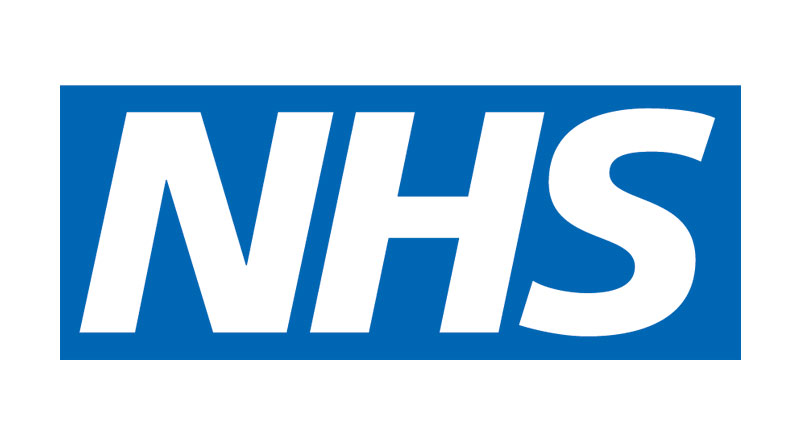Government Action To Protect Supply Of Crucial Medicines For NHS Coronavirus Patients
- More than 80 medicines banned from parallel export out of UK
- Measures to protect supplies of crucial treatments used in intensive care units
- Adrenaline, insulin, paracetamol and morphine included on ban list
More than 80 crucial medicines commonly used to treat patients in NHS intensive care units have been banned from parallel export out of the UK.
The new restrictions, which cover medicines including adrenaline, insulin, paracetamol and morphine, have been imposed by the Government and will help ensure there is an uninterrupted supply of medicines for NHS hospitals treating coronavirus patients.
Parallel exporting is when companies buy medicines meant for UK patients and sell on for a higher price in another country, potentially causing or aggravating supply problems.
All medicines on the list are in high demand across Europe as health systems come under increasing pressure from coronavirus.
Today’s action is a standard measure to manage potential medicine shortages and protects UK patients by ensuring the NHS has the vital treatments to continue providing world-class care.
Health Minister Lord Bethell said:
“Our brilliant NHS staff are going above and beyond to provide world-class care to patients with coronavirus and we are supporting them in every way we can.
“We are today banning the parallel export of more than 80 crucial medicines to protect patients in the UK and help ensure they can always get the treatments they need.”
Companies that parallel export a medicine on the ban list may face tough enforcement action from the Medicines and Healthcare products Regulatory Agency (MHRA) and risk having their trading licence revoked for serious breaches.
The Government will keep the situation under review and will consider adding more medicines to the parallel export ban list if necessary.
The Department of Health and Social Care has existing, well-established processes to deal with and resolve medicines shortages. The medicine supply chain is complex and highly regulated, so problems can arise for a variety of reasons, including manufacturing issues or problems with raw ingredients.





